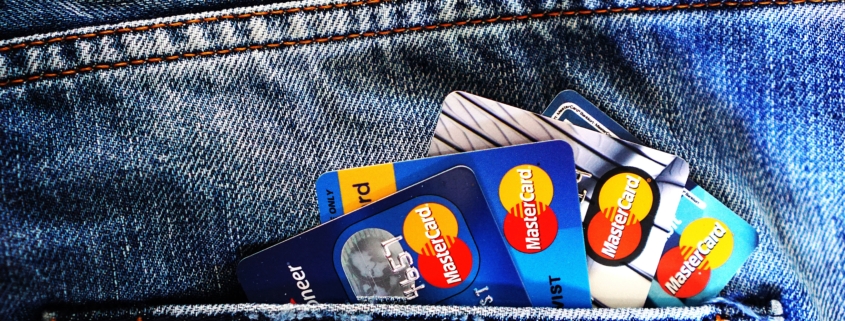How Will a Personal Bankruptcy Affect My Business?
Filing for bankruptcy comes with challenges and consequences, but for most, the consequences are worth being free of debt. When you are a business owner, the stakes are a little higher. Depending on how your business is structured and how you have funded your business, your business could be in danger when you file for bankruptcy.
Wondering how your business may be impacted by your bankruptcy? We’re here to answer your questions and help you make the right choice for you. Call Padgett & Robertson at 251-336-3695 to set up a time to talk.
Types of Personal Bankruptcy
It’s important to understand the different types of personal bankruptcy, since each option may have a different effect on your business. The two primary options available to individuals are:
-
Chapter 7:
This is the more common option for individual filers, intended for those who have limited assets and income. Upon completion of a Chapter 7 bankruptcy, all qualifying debts are discharged. Filers may have to forfeit some assets if assets are not exempt from seizure, but this is not the case for most people.
-
Chapter 13:
This type of bankruptcy essentially restructures your debts into a payment plan that is more reasonable for your income level. Individuals can keep their home and vehicles while getting caught up on late payments. This process lasts three to five years, and at the end of it, all qualifying unsecured debts are discharged.
Business Debts in Personal Bankruptcy
One of the most important factors in this discussion is what type of business structure you have chosen. Some business structures make you personally liable for the debts you take on, while others establish the business as its own separate entity. If your business is a sole proprietorship, your business is not separate from you.
You and your business are intertwined, and that can have a profound impact on your business when you choose bankruptcy. The assets your business possesses can be seized and sold in order to repay your debts. Additionally, if you have business debts in your name, you could lose any assets you have that are tied to secured debt.
General partnerships typically pose the same risks as sole proprietorships. Debts taken on by the business are viewed as the personal debts of the business partners. When one partner files for bankruptcy, the business may be unable to pay its debts and continue to operate.
If your business is a Limited Liability Company or corporation, it is considered separate from you. This is perhaps the best outcome if you are filing bankruptcy for yourself or for the company; the bankruptcy of one should not affect the other. This isn’t a guarantee, though. If you have personally guaranteed any of your business loans or you have commingled your personal and business finances, your business could suffer because of your personal bankruptcy.
Protecting Your Business Assets
As a business owner, protecting your business and its future is likely one of your top priorities. There are different options that may be available to you.
Each state has its own list of exemptions that you can use to protect your assets from seizure during bankruptcy. If your business assets can be classified into one of the exempt categories, you may be able to keep them.
If you are filing Chapter 7 bankruptcy, talk to your attorney to find out if Chapter 13 is an option for you. We understand that this isn’t always an attractive choice, since it does mean buckling down for three to five years and paying a set amount each month, but it is one way to repay your business debts and keep your assets.
In the future, think about your current business structure and whether or not it meets your needs. While this may not help you in the moment, it can safeguard your business assets long-term.
Explore Your Legal Options with Padgett & Robertson
We know that the choice to file for bankruptcy is one with significant repercussions. It is crucial that you weigh all of your options and make the best choice for your financial needs. We’ll help you evaluate your finances and figure out your next steps. Set up a consultation with Padgett & Robertson now by calling us at 251-336-3695 or filling out our online contact form.





Leave a Reply
Want to join the discussion?Feel free to contribute!